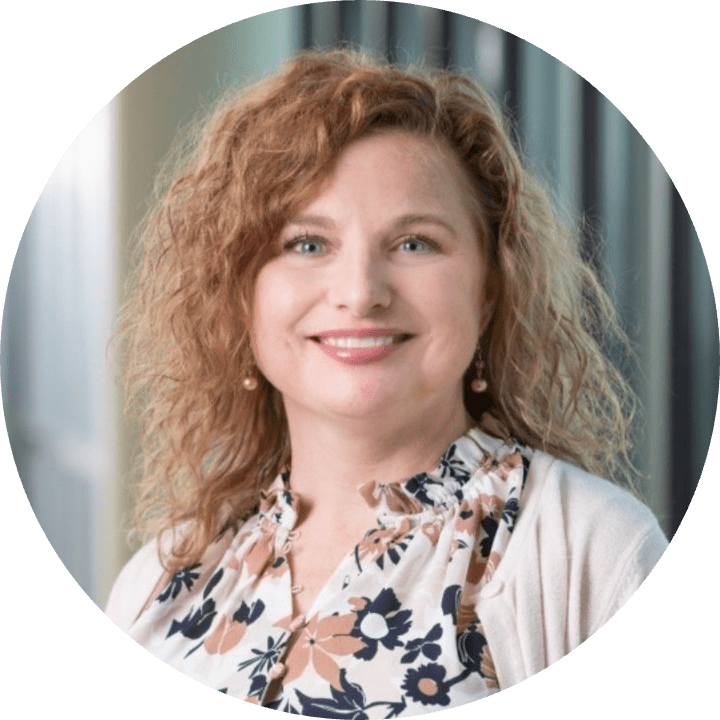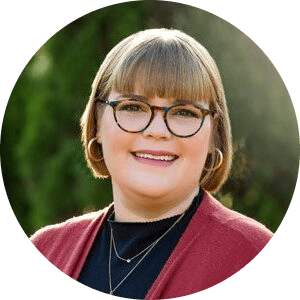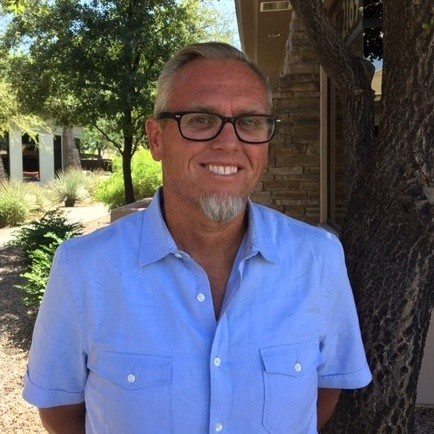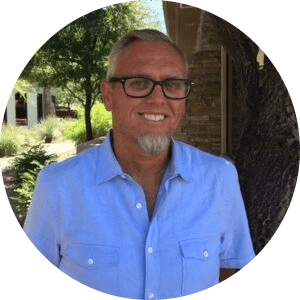Presenters

Dr. Laurie Little, PsyD
Chief Experience Officer — Lindner Center of HOPE
Conference Topic: An Unlikely Couple: The Pairing of Psychedelic Assisted Therapy and DBT Skills


Dr. Kerry Horrell, PhD
Staff Psychologist, Assistant Professor at Baylor College of Medicine — The Menninger Clinic
Conference Topic: Self-Compassion in the Recovery Process


Dr. Karlyn Pleasants, PsyD
Chief Clinical Advisor & Managing Partner — Anew Treatment Center Scottsdale
Conference Topic: The “Well” Siblings: From Shadow to Shine, Supporting the Journey to Visibility


Kevin McCauley, MD
The Meadows Behavioral Healthcare
Conference Topic: “4E” Cognition – A New Approach to Addiction and Recovery


Dr. Rob Gent, PhD
Chief Clinical Officer — Embark Behavioral Health
Conference Topic: The Neurobiology of Relationship: A Model for Creating Healthy Healing and Development

